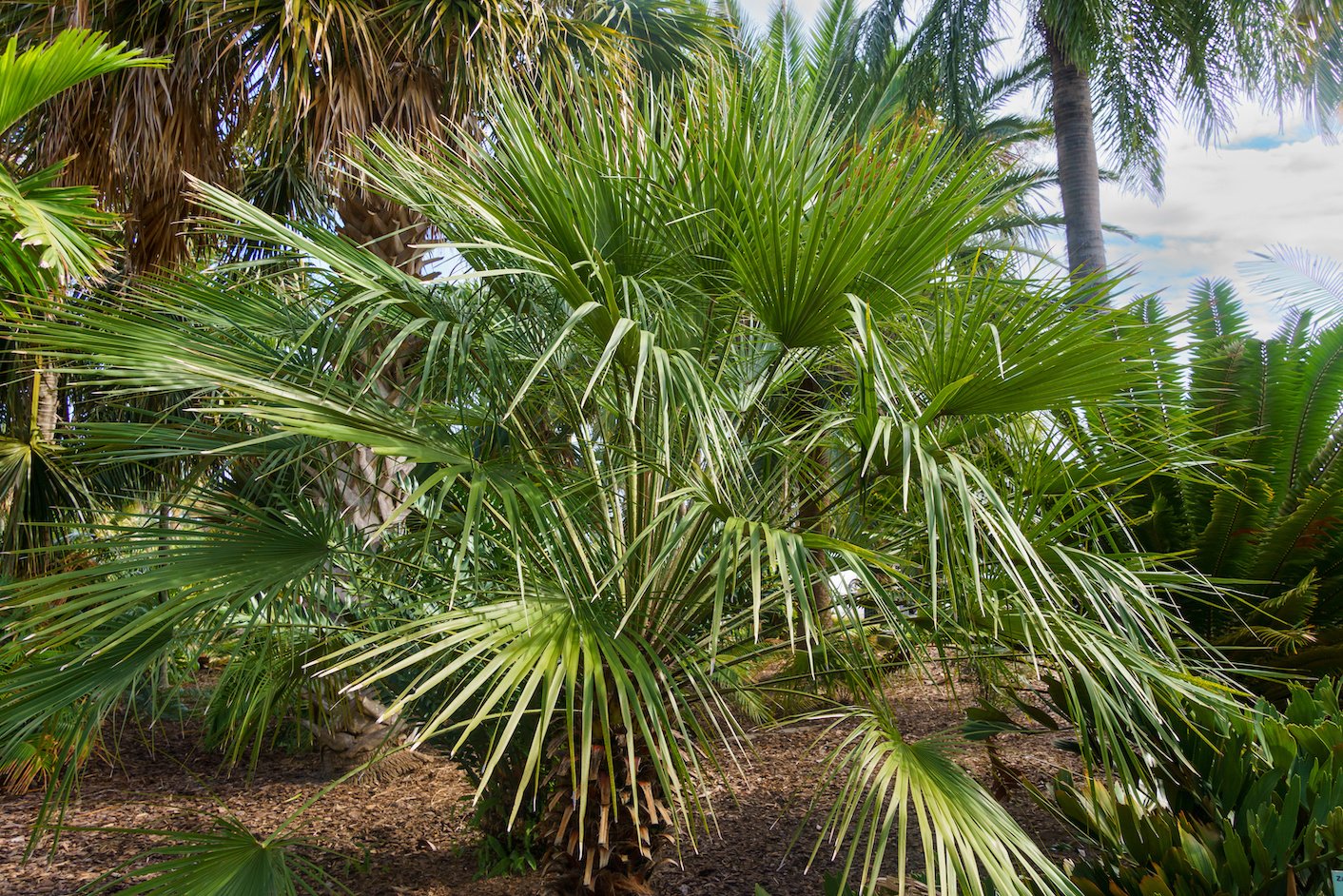European Fan Palm
The European fan palm is a unique and resilient species that can thrive in cooler climates, making it a versatile choice for gardens and landscapes. This hardy palm can grow as a multi-trunked shrub or a single-trunk tree, adding a touch of exotic flair to any outdoor space. With its striking, fan-shaped fronds and vibrant blooms, the European fan palm is a true standout in the plant world.
The European fan palm is a unique and resilient species that can thrive in cooler climates, making it a versatile choice for gardens and landscapes. This hardy palm can grow as a multi-trunked shrub or a single-trunk tree, adding a touch of exotic flair to any outdoor space. With its striking, fan-shaped fronds and vibrant blooms, the European fan palm is a true standout in the plant world.
The European fan palm is a unique and resilient species that can thrive in cooler climates, making it a versatile choice for gardens and landscapes. This hardy palm can grow as a multi-trunked shrub or a single-trunk tree, adding a touch of exotic flair to any outdoor space. With its striking, fan-shaped fronds and vibrant blooms, the European fan palm is a true standout in the plant world.
Chamaerops humilis
Native: Western and central Mediterranean
Hardiness Zone: 9-11
Light Range: full sun to part shade
Soil Characteristics: rich, moist, well-drained
Tolerances: best with consistent moisture, but has some drought tolerance once established; tolerates brief temperature dips to 15-20 degrees F in winter
Landscape Use: landscape accent, containers
Height: 6 - 15 feet
Spread: 6 - 20 feet
Growth Rate: medium
Leaf Size: 2 feet
Leaf Persistence: evergreen
Wildlife: Birds and bats feed on the fruit; reptiles find shelter in the foliage; bees and butterflies feed on the nectar from the flowers
Roaming Roots Tips:
Though the European fan palm does not require pruning to maintain a shrub-like form it can be trained into a tree form over time, if the fronds are repeatedly trimmed back to the trunk.

